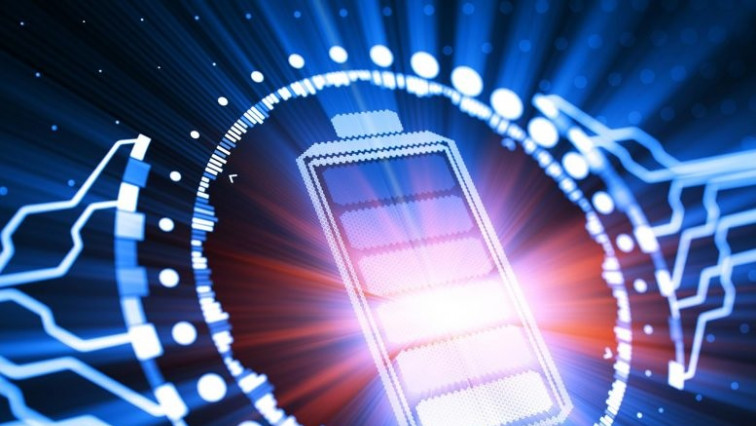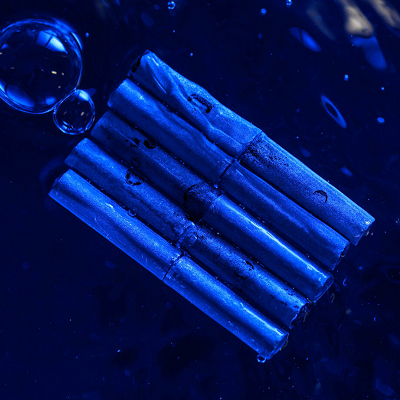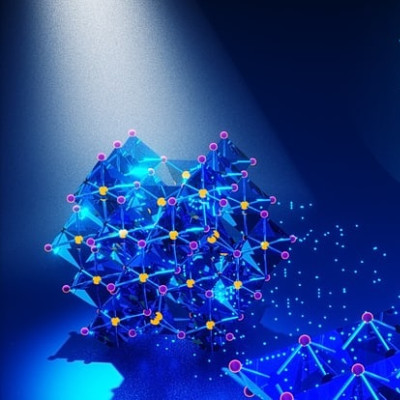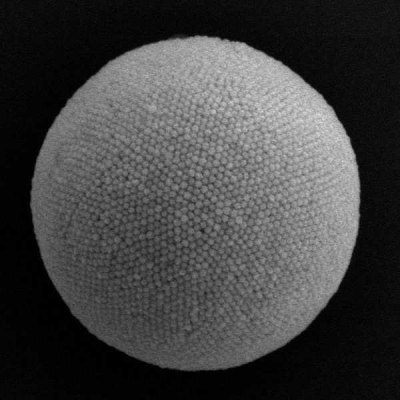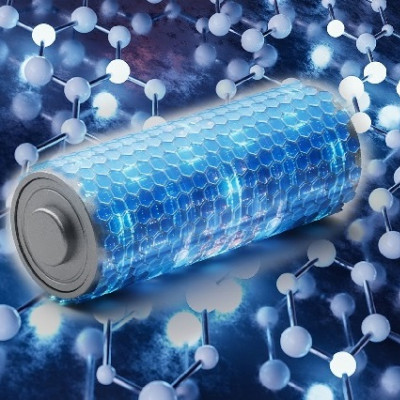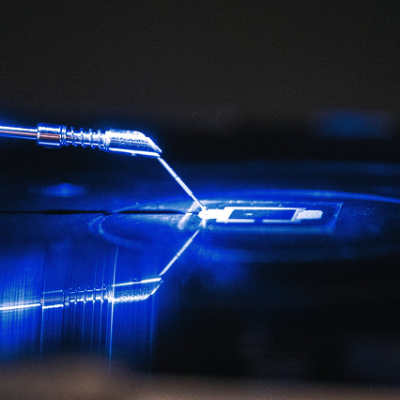Range anxiety, the fear that an electric vehicle (EV) may run out of battery power during a trip, has long been regarded as a key reason for consumers’ reluctance to adopt EVs. This issue is exacerbated by the notion that recharging batteries usually takes much longer time than refueling internal combustion engine vehicles (ICEVs).
To be competitive with ICEVs, fast charging of EVs should be weather-independent and comparable in time as refueling a gasoline car. Variations in temperatures in different geographic regions and seasons poses a challenge in fast charging EV batteries, since batteries can behave very differently. In winter, half of the United States and most of Northern Europe has an average temperature below 0°C. None of today’s EV batteries allow for fast charging at low temperatures.
Responsive to EV market’s urgent need for a battery that can be fast charged at all climate conditions, Solidion’s technical team has developed and patented an effective method and system for fast charging a battery cell or pack without negatively impacting the battery. The strategy also allows a battery system to operate in a safe mode and avoid a thermal runaway problem.
The technology uses a graphene-based heat spreader to quickly move heat from a battery to warm it up before or during fast charging. It also has a cooling system that kicks in when the battery is in use, like when powering a device or electric vehicle. The heat spreader moves the heat to the cooling system for efficient cooling. The system switches between heating when charging and cooling when discharging. Graphene, with its super high thermal conductivity (5,300 W/m-K), is much more effective than copper, which has a lower conductivity (410 W/m-K) and is four times heavier.
Solidion is aimed at fully commercializing this technology in 2-3 years.
Read the original article on GlobeNewswire.

